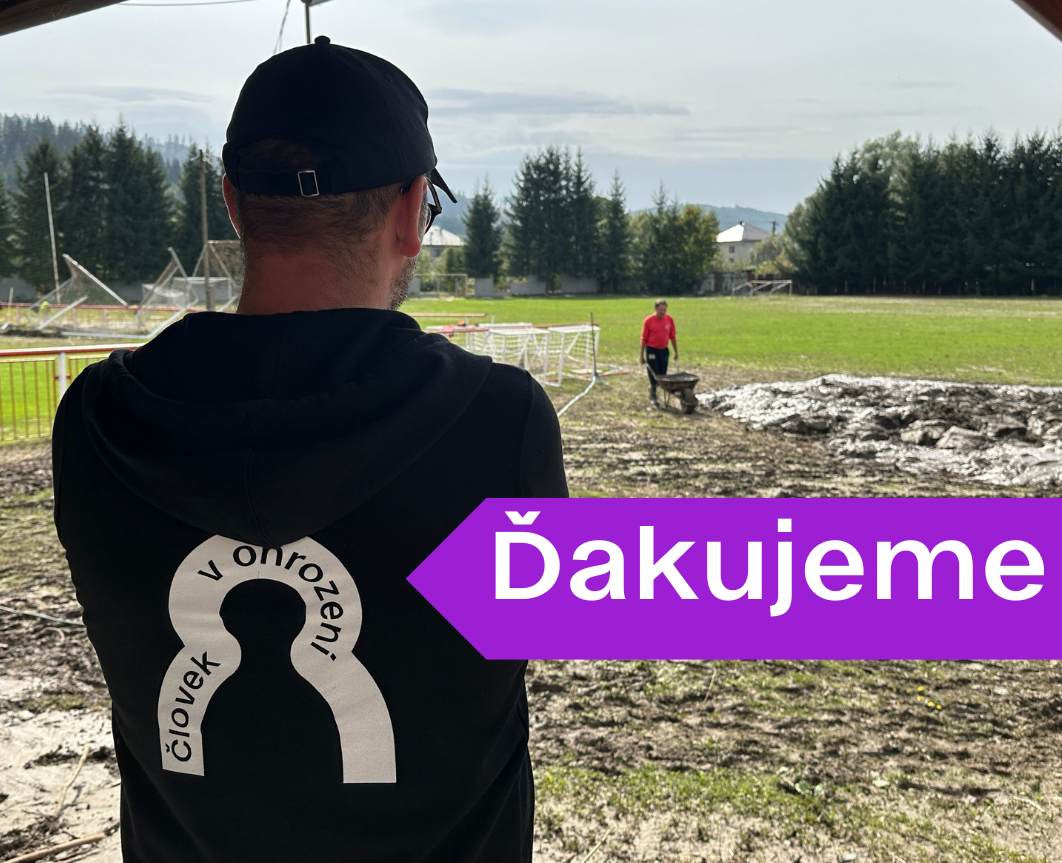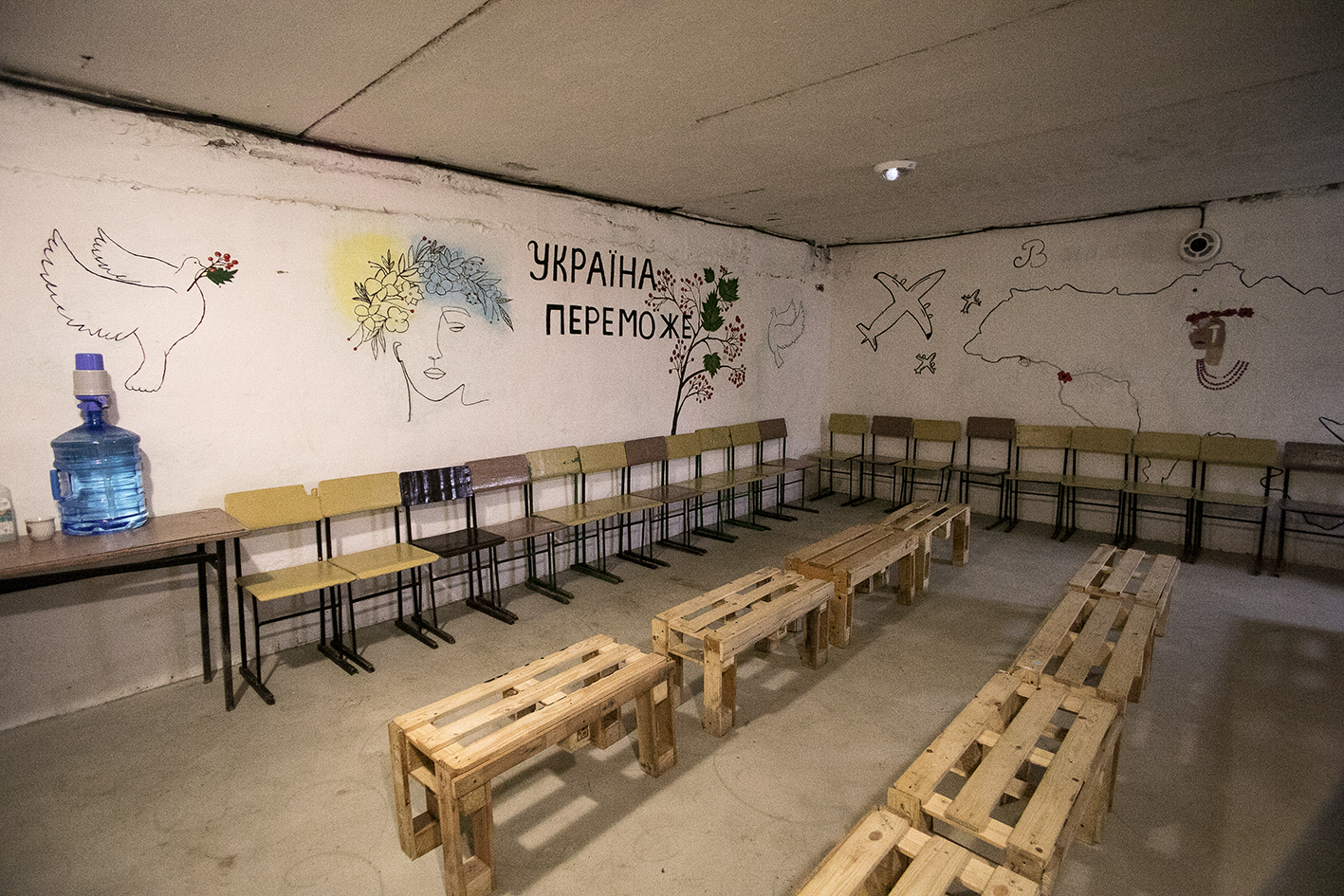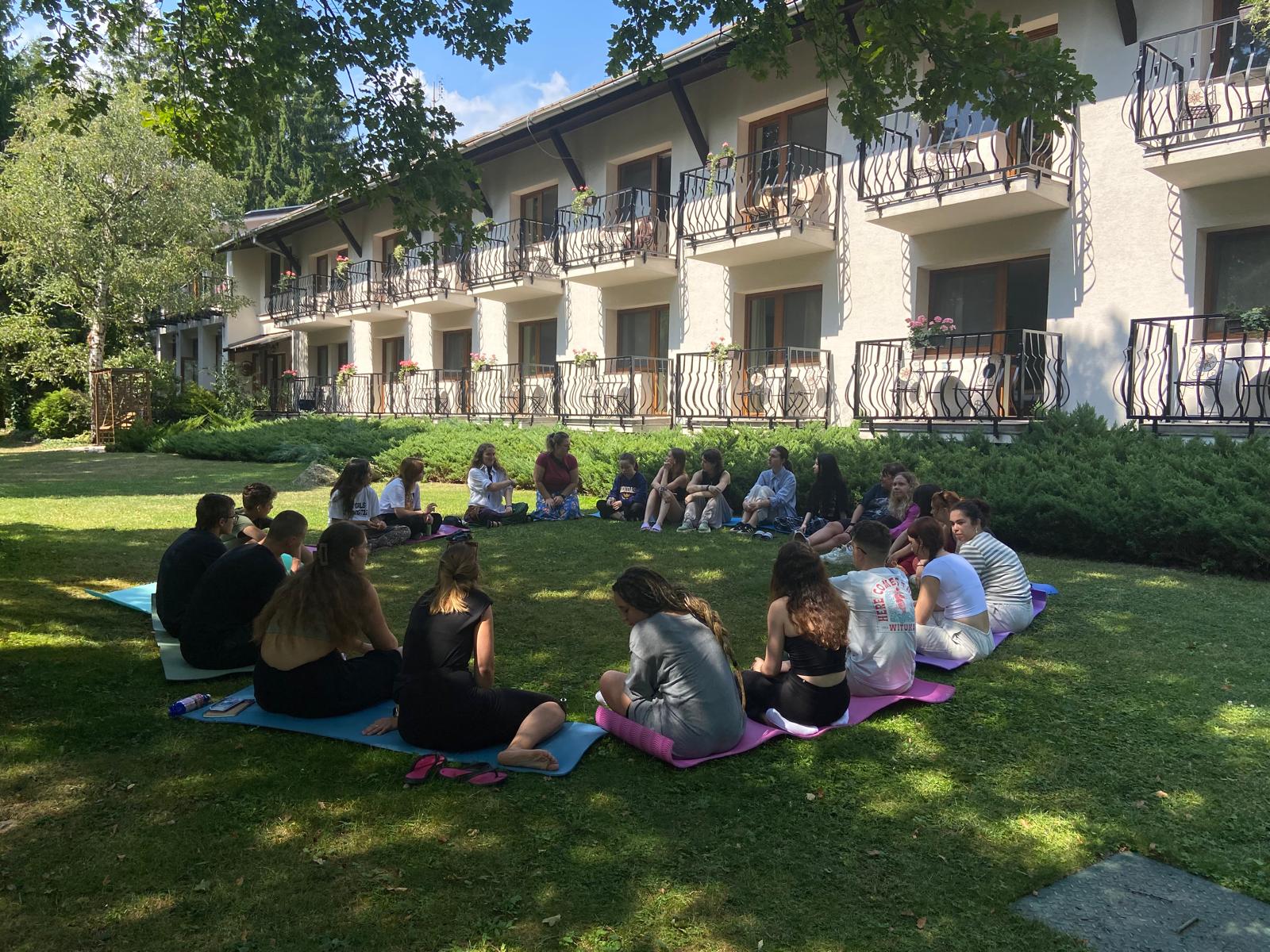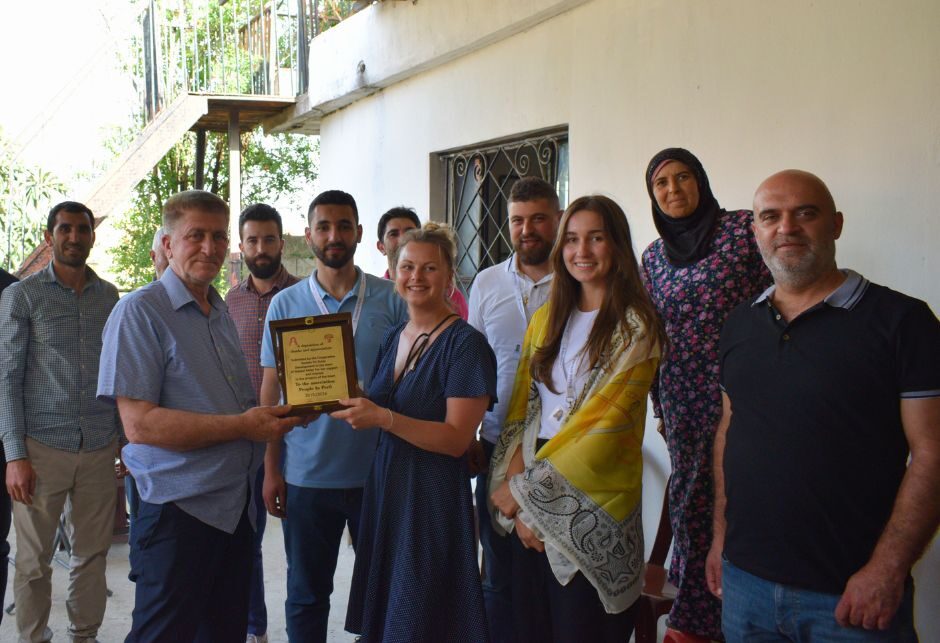Doing good well
THE IMPORTANCE OF mental health support to peace builders in the middle east .
A conversation with the German foundation Robert Bosch Stiftung.
This article is a part of People in Peril’s 2025 series ‘Conversations with Experts: Doing Good Well,’ which is meant to highlight expertise from those working in mental health and protection, livelihoods, education, civil society, and/or basic assistance across the globe.
In recent years, the Middle East has long been a region of intense conflict, with protracted crises in countries such as Syria, Yemen, Iraq, and Israel-Palestine. These conflicts have led to immense human suffering, displacement, and the erosion of social fabrics, leaving individuals and communities to grapple with trauma and the long-term psychological impacts of violence. According to the World Health Organization (WHO), mental health and psychosocial support (MHPSS) is a critical need in humanitarian emergencies, and the Middle East is no exception. Peacebuilding and addressing mental health are deeply interconnected, as sustainable peace cannot be achieved without acknowledging and healing the wounds of conflict.
Recently, People in Peril had the opportunity to sit down with Irene Weinz, the Senior Expert on Team Peace, and Sarah Mueller, the Project Manager in Team Peace at the Robert Bosch Stiftung. They shared their approaches, insights, and challenges in implementing MHPSS initiatives across the Middle East.
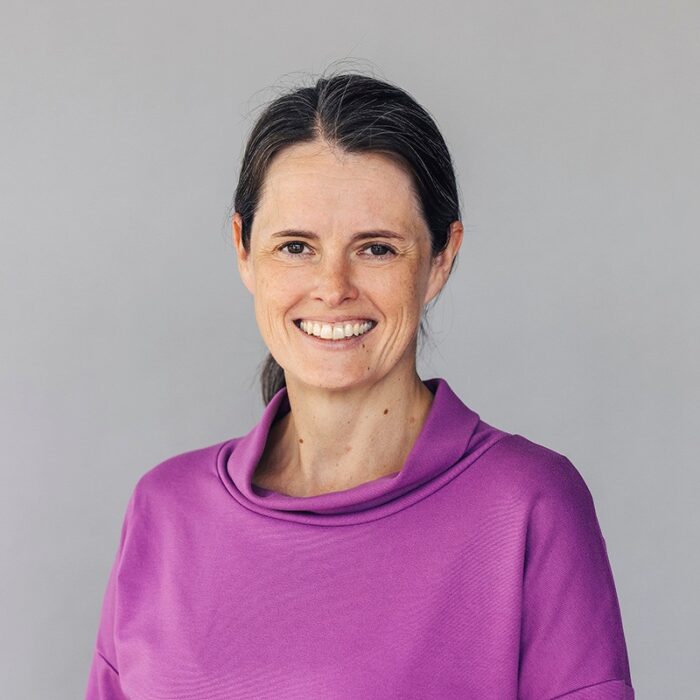

A Locally Led Approach to MHPSS
When asked about how they are approaching the mental health needs in the Middle East, Weinz emphasized the foundation’s commitment to a “locally led peacebuilding approach,” placing local actors and local peacebuilding at the center of their initiatives. “We try to focus on supporting [local actors] in their work and to fulfill their needs in building peace on a local level,” she explained. This strategy informs their work across two key portfolios in the Middle East: one focused on Israel-Palestine and the other on broader regional contexts, including Iraq, Lebanon, Jordan, and Yemen.
Mueller added to this sentiment, highlighting some of their ongoing initiatives, such as workshops in partnership with the Alliance for Middle East Peace (ALLMEP). These efforts aim to strengthen local organizations in integrating MHPSS into their peacebuilding projects and conducting “training of trainers” sessions to spread knowledge within their networks. Additionally, advocacy work on trauma and peacebuilding is a significant component of their activities. “Together with for example ALLMEP, we also do a lot of advocacy work, trying to push this agenda that MHPSS is an important component of peace building,” Mueller noted.
Both Mueller and Weinz note that this focus on MHPSS with partners is a relatively new approach within the foundation. This has posed some challenges but has also meant making practical administrative changes. As Weinz pointed out, “In the budget of our projects, [we try] to have some positions regarding mental health. You can call it for example team building. But having these times and opportunities where people can really invest in stress and mental health activities.” Weinz further posits that peacebuilding cannot be done without a focus on mental health and breaking existing cycles of trauma, and that ensuring that these activities are budgeted for is crucial to the success of projects.
Challenges in Addressing MHPSS
Despite the critical importance of MHPSS, the foundation faces several challenges in implementing its programs. One significant barrier is the stigma surrounding mental health in many countries in which they work. “People tend to be reluctant to talk about mental health. Some even think it is a Western topic,” Weinz explained. However, the team and their partners are actively working to try to combat this stigma, working to spread the message to their local partners that it’s “alright to think about the individual and person and to work on stress,” as this is an essential part of maintaining a person’s overall well-being.
Another challenge is ensuring that MHPSS initiatives are seen as integral to peacebuilding efforts rather than as separate, siloed activities. Mueller stressed the importance of breaking down these silos: “We are still learning and mapping what is already on the ground, understanding how other organizations frame their work, and … [finding ways to] think more collaboratively.”
The Future of MHPSS support in the Middle East
Looking ahead, both Weinz and Mueller see MHPSS as a growing priority in the region. “Trauma and mental health issues will remain of high importance,” Weinz said. “Even if we see ceasefires or peace treaties, … people need to find ways to work and live together, which requires addressing their traumas.” She also highlighted the need to consider intergenerational traumas and cycles of violence that can perpetuate conflict if left unaddressed.
Both now and in the future, the foundation is committed to listening to its partners and adapting its strategies to meet emerging needs. “We try to follow what we hear from our partners and see what we can do to meet their needs,” Mueller noted. This approach underscores the importance of building trust, fostering collaboration, and empowering local actors to lead the way in both peacebuilding and mental health support.
As the region continues to navigate the complexities of conflict and recovery, integrating MHPSS into peacebuilding efforts will remain a critical component of achieving sustainable peace. The work of organizations like the Robert Bosch Stiftung highlights the transformative potential of addressing mental health as a cornerstone of peacebuilding in the Middle East.


